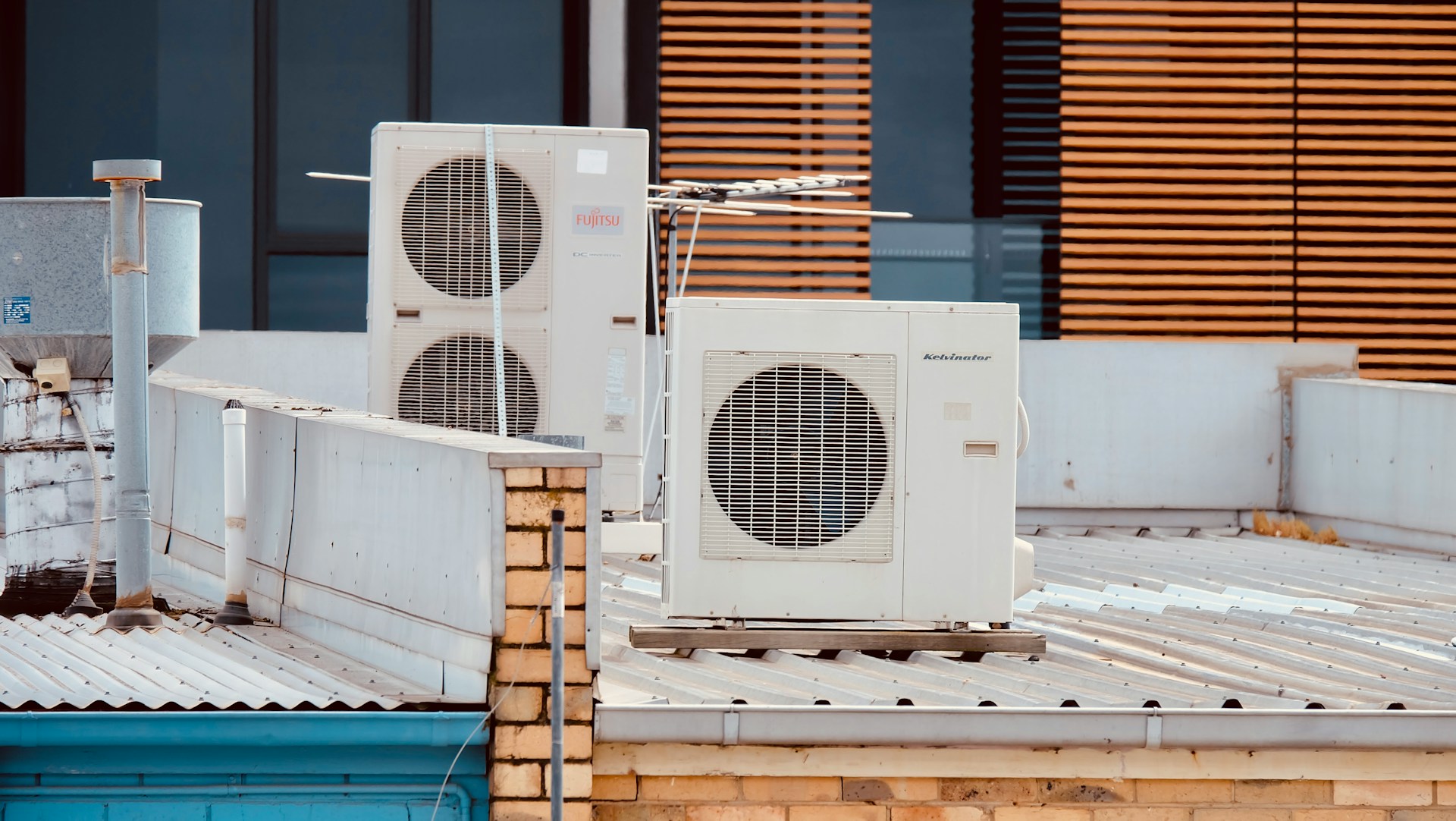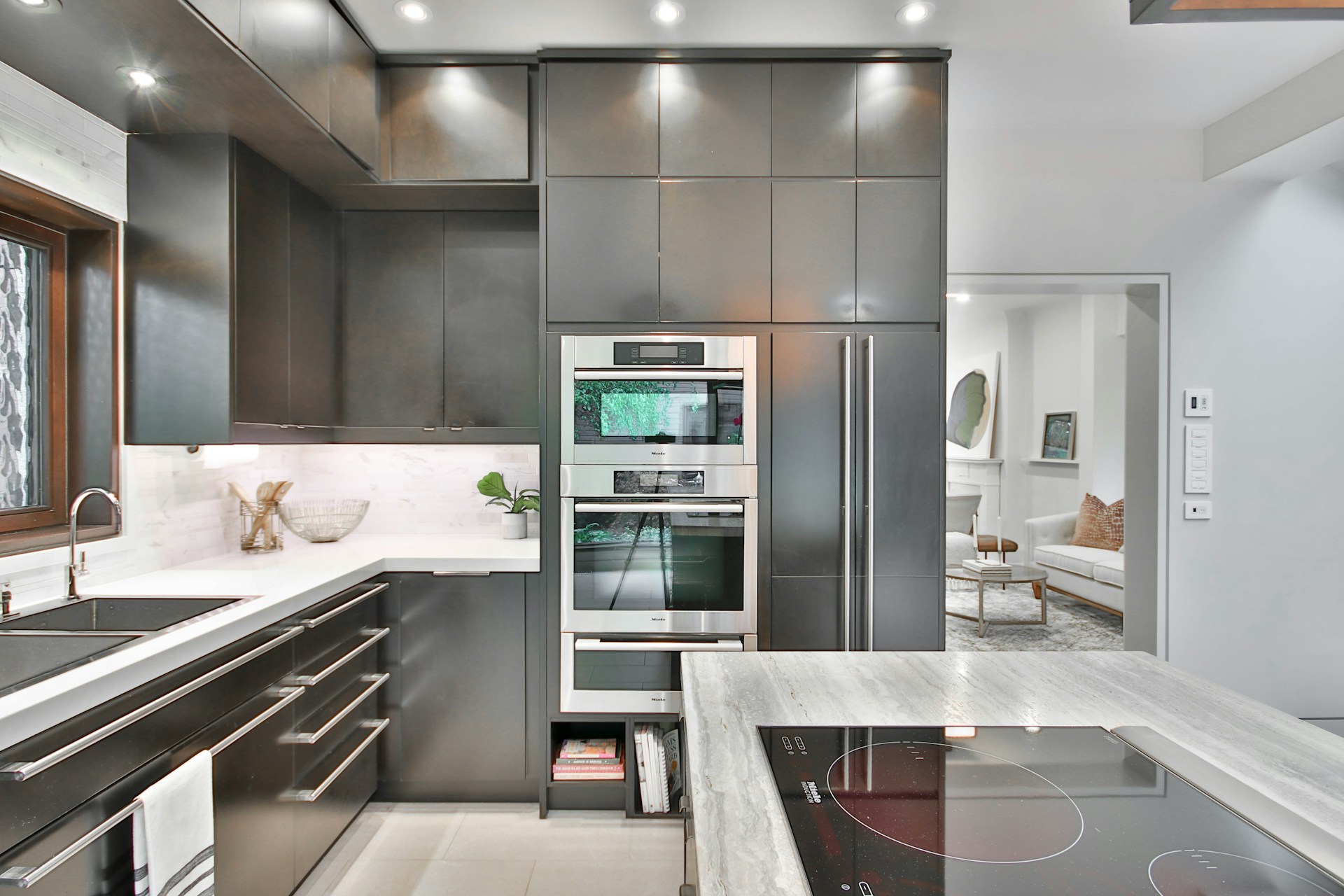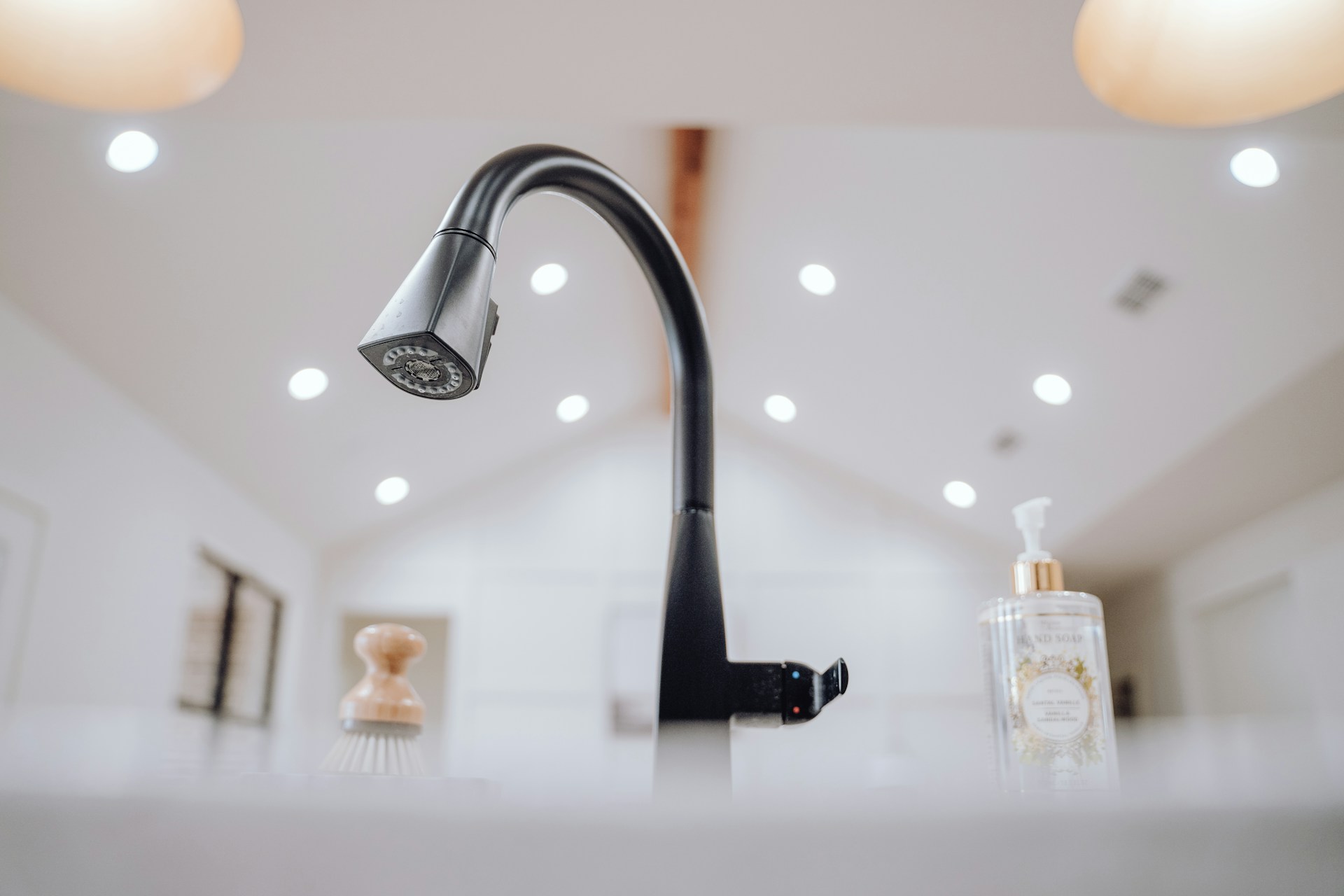Your heating and cooling system quietly works around the clock, but when was the last time you gave it any attention? Most homeowners only think about their HVAC system when something goes wrong—usually at the worst possible moment. However, this reactive approach could be costing you hundreds or even thousands of dollars each year.
Regular HVAC maintenance isn’t just about preventing breakdowns. It’s a strategic investment that pays dividends through lower energy bills, fewer repairs, extended equipment life, and improved home comfort. The numbers tell a compelling story: well-maintained systems can reduce energy costs by up to 30% while lasting years longer than neglected units.
Understanding how preventive care translates into real cost savings can transform how you view your heating and cooling system—from a necessary expense to a valuable asset that works harder and more efficiently for your family.
The Hidden Costs of Neglected HVAC Systems
When HVAC systems don’t receive regular attention, they develop problems that directly impact your wallet. Dirty filters force your system to work harder, consuming more energy to achieve the same temperature. Clogged coils reduce heat transfer efficiency, while worn belts and loose connections create friction that wastes electricity.
These seemingly minor issues compound over time. A system that’s 20% less efficient due to poor maintenance will increase your energy bills by that same percentage—month after month, year after year. For a household spending $150 monthly on heating and cooling, that’s an extra $30 every month, or $360 annually.
Beyond higher utility costs, neglected systems fail more frequently and at the most inconvenient times. Emergency repairs during peak seasons can cost two to three times more than scheduled maintenance visits. When your air conditioner breaks down during a heat wave or your furnace fails in the middle of winter, you’re at the mercy of emergency service rates and limited technician availability.
Energy Efficiency: Your Path to Lower Bills
HVAC maintenance directly improves energy efficiency, which translates to immediate cost savings on your monthly utility bills. Clean systems operate more efficiently, requiring less energy to heat or cool your home to the desired temperature.
Regular filter changes alone can improve system efficiency by 5-15%. When filters become clogged with dust and debris, your system must work harder to pull air through the blocked material. This increased workload consumes more electricity while delivering less comfort.
Professional tune-ups address efficiency from multiple angles. Technicians clean evaporator and condenser coils, which improves heat transfer. They check refrigerant levels, ensuring your air conditioner doesn’t have to work overtime due to low coolant. Lubricating moving parts reduces friction, while calibrating thermostats ensures accurate temperature control.
The cumulative effect of these efficiency improvements can reduce your energy consumption by 20-30%. For many homeowners, this represents hundreds of dollars in annual savings—far more than the cost of regular maintenance visits.
Extending Equipment Lifespan Through Preventive Care
HVAC systems represent a significant investment, typically costing $5,000-$15,000 or more to replace. Regular maintenance helps protect this investment by extending your system’s operational life by several years.
Well-maintained HVAC systems typically last 15-20 years, while neglected units may fail after just 8-12 years. This difference in lifespan has enormous financial implications. If a maintained system lasts 18 years compared to 10 years for a neglected one, the maintained system provides 80% more service life.
Maintenance prevents the small problems that lead to major component failures. Replacing a worn belt during a routine visit costs far less than replacing a motor that burned out because the belt snapped. Cleaning coils prevents the strain that leads to compressor failure—one of the most expensive repairs possible.
When you search for “HVAC install near me” because your old system finally gave up, you’ll appreciate every extra year that proper maintenance provided. Delaying that major replacement expense by even a few years can save thousands of dollars.
Cost Savings Through Fewer Emergency Repairs
Emergency HVAC repairs are expensive for several reasons. Service calls during nights, weekends, and holidays carry premium rates. Parts may cost more when needed urgently. Most importantly, emergencies often involve multiple failed components, creating cascading repair costs.
Regular maintenance identifies potential problems before they cause system failures. During routine visits, technicians spot worn belts, low refrigerant levels, dirty coils, and other issues that could lead to breakdowns. Addressing these problems proactively costs a fraction of emergency repairs.
Consider a typical scenario: A dirty evaporator coil forces your air conditioner’s compressor to work harder. Without maintenance, the coil gets progressively dirtier, creating more strain. Eventually, the overworked compressor fails, requiring an expensive replacement. However, cleaning the coil during a routine maintenance visit prevents this expensive failure entirely.
The peace of mind factor shouldn’t be overlooked either. Knowing your system receives regular professional attention reduces the likelihood of uncomfortable surprises and unexpected expenses.
What Professional HVAC Maintenance Includes
Professional HVAC maintenance goes far beyond what most homeowners can accomplish on their own. Comprehensive service includes both safety checks and performance optimization.
Technicians inspect electrical connections, checking for loose wires or corroded terminals that could cause fires or system failures. They measure electrical draw to ensure components aren’t consuming excessive power. Gas furnaces receive combustion analysis to verify safe, efficient operation.
Performance optimization involves cleaning coils, checking refrigerant levels, calibrating controls, and lubricating moving parts. Technicians also inspect ductwork for leaks, which can waste 20-30% of your conditioned air. They test safety controls and verify that your system cycles properly.
Many maintenance plans include priority service and discounts on repairs, providing additional value beyond the tune-up visit itself.
Creating Your Maintenance Schedule
Most HVAC systems benefit from bi-annual maintenance—once before the cooling season and once before the heating season begins. This timing allows technicians to prepare your system for peak demand periods when reliability matters most.
However, your specific needs may vary based on system age, local climate, and usage patterns. Older systems or those in dusty environments may need more frequent attention. Heat pumps that operate year-round typically require more maintenance than systems with distinct on/off seasons.
Some homeowners prefer comprehensive annual visits, while others benefit from seasonal check-ups focused on the upcoming operating season. Discuss your situation with qualified technicians to develop an appropriate schedule.
Maximizing Your HVAC Investment
Regular HVAC maintenance transforms your heating and cooling system from a liability into an asset. The cost savings from improved efficiency, extended equipment life, and fewer repairs typically exceed maintenance costs by a wide margin.
Start by scheduling a professional tune-up to establish your system’s current condition. Many problems that seem expensive to fix cost relatively little when addressed promptly. Establish a regular maintenance schedule and stick to it—consistency is key to maximizing benefits.
Your HVAC system works hard to keep your family comfortable. With proper care, it will reward you with years of reliable, efficient service while keeping more money in your pocket.





